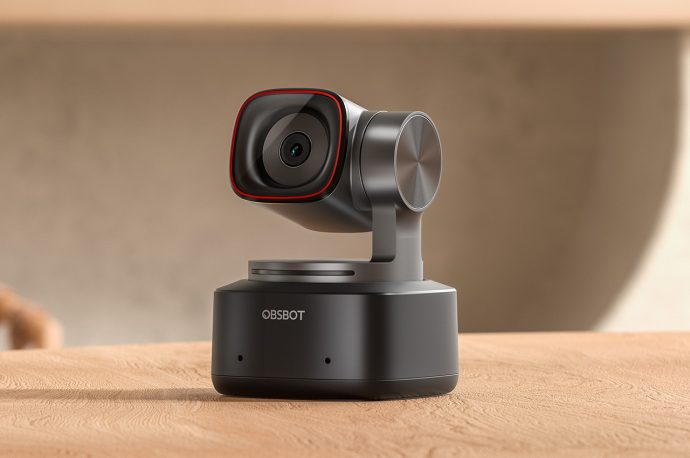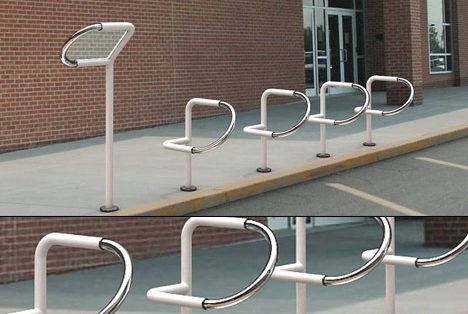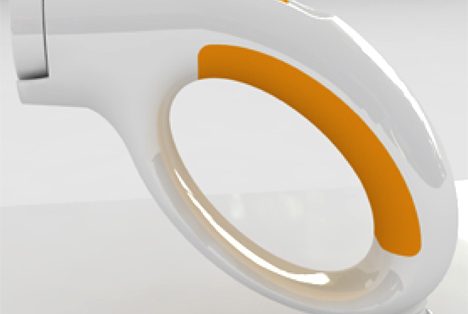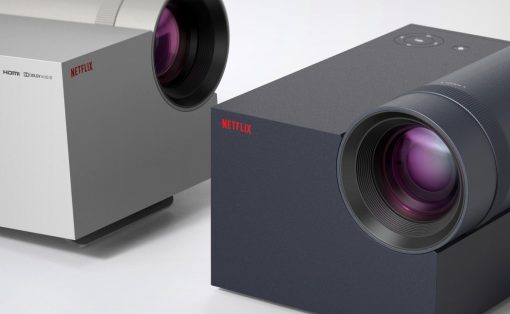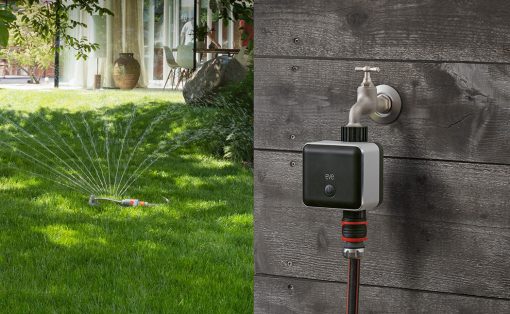In an era where environmental sustainability is at the forefront of technological innovation, Lenovo, a global technology powerhouse, has taken a bold step towards repurposing electronic waste (e-waste) plastics through a groundbreaking collaboration with Aectual, a leader in industrial 3D printing. The result? 3D-printed furniture, that not only captivates with its design but also carries a powerful message about the possibilities of circularity and responsible consumption.
Lenovo’s annual Tech World event, a hub for discussions on the frontiers of AI, became the stage for a unique fusion of technology and sustainability. Attendees found themselves seated on low, padded stools adorned with red tops reminiscent of Lenovo’s iconic TrackPoint. Little did they know that beneath the comfortable exterior lay a story of transformation – the poufs were crafted from recycled e-waste plastics derived from a mix of devices.
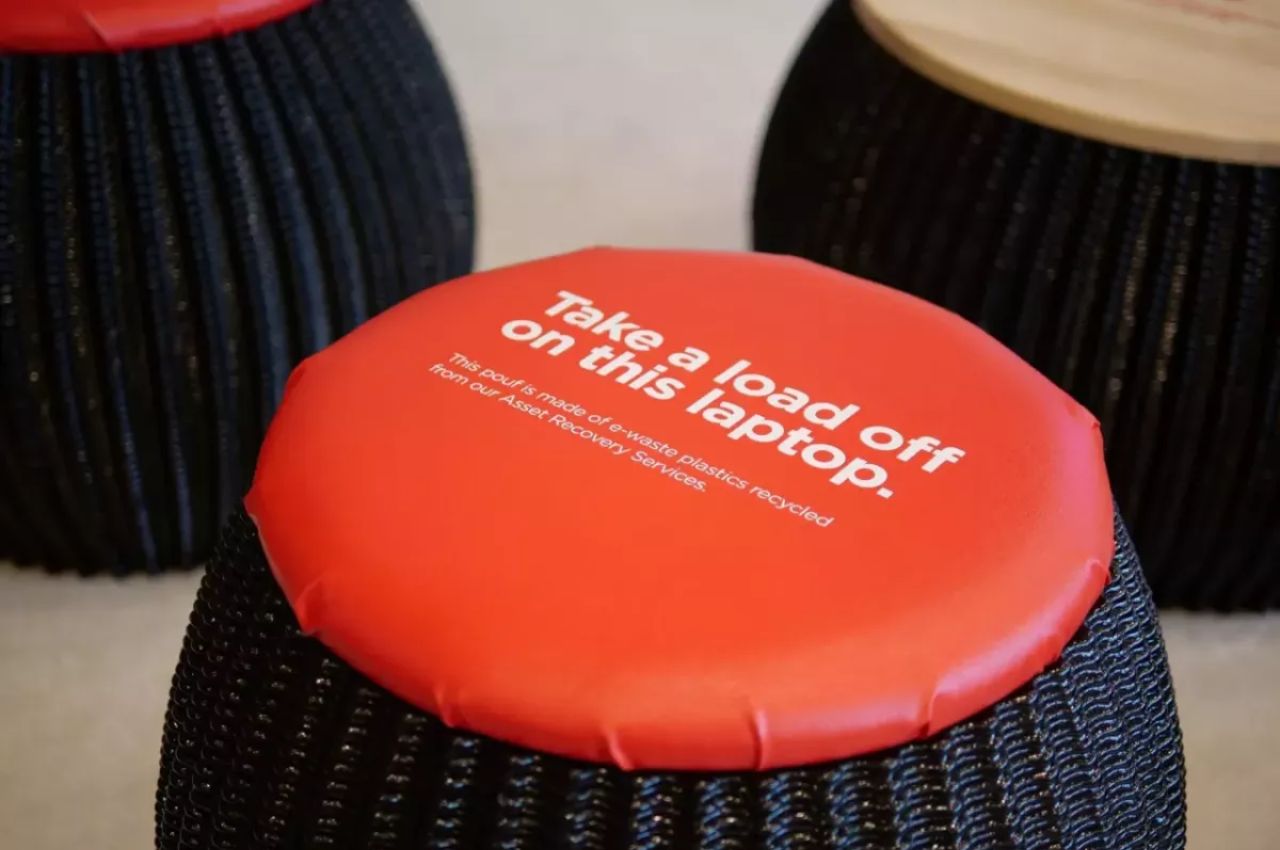
The collaboration between Lenovo and Aectual extends beyond the mere recycling of e-waste plastics. Aectual, a Netherlands-based leader in 3D printing for architecture and interior design, joined forces with Lenovo to bring the concepts of asset recovery and circularity to life. This partnership showcases a commitment to innovation that goes beyond conventional boundaries.
Claudia Contreras, Executive Director of Global Sustainability Services at Lenovo, expressed her excitement about discovering new ways to deliver on Lenovo’s commitment to sustainability. The partnership with Aectual exemplifies an inventive and ambitious approach to repurposing e-waste plastics into 3D-printed event furniture.
Lenovo’s collaboration with Aectual is not just about creating aesthetically pleasing furniture; it is a testament to the company’s dedication to meaningful innovation. Hedwig Heinsman, co-founder, and Creative Director at Aectual emphasized the shared commitment to sustainability, with a focus on giving recovered materials a new life and creating surprising, environmentally friendly products.
Aectual’s 3D printing process prioritizes circularity by allowing the recovery of products after use. The material can be shredded and reused in new 3D-printed products up to seven times. This commitment to circular design aligns seamlessly with Lenovo’s broader sustainability goals.
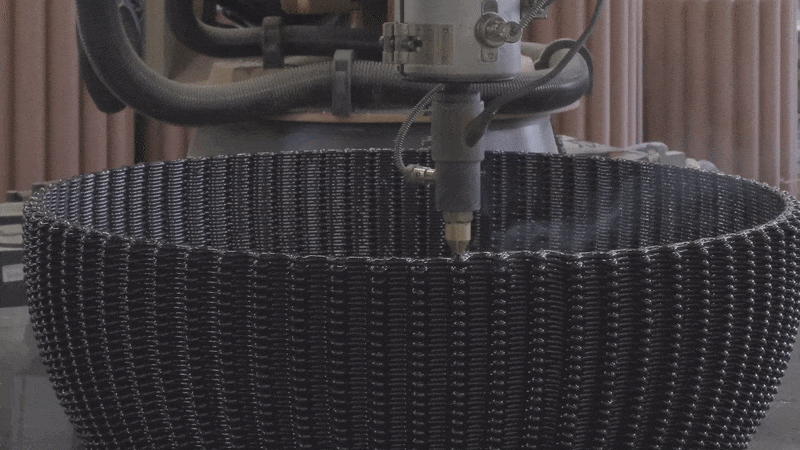
The poufs at Lenovo Tech World are just a small example of the recycling possibilities enabled by solutions like Lenovo’s Asset Recovery Services (ARS). This end-to-end solution minimizes e-waste through secure device lifecycle management. Since 2005, Lenovo has processed nearly 800 million pounds of Lenovo-owned and customer-returned computer equipment, showcasing a comprehensive approach to responsible e-waste management.
Lenovo and Aectual’s collaboration serves as a beacon for sustainable practices within the tech industry. As the world grapples with the environmental impact of electronic waste, this partnership demonstrates that innovation and environmental responsibility can go hand in hand. With Lenovo’s commitment to reaching net-zero greenhouse gas emissions by 2050, this collaboration is a tangible example of the company’s dedication to a greener future.
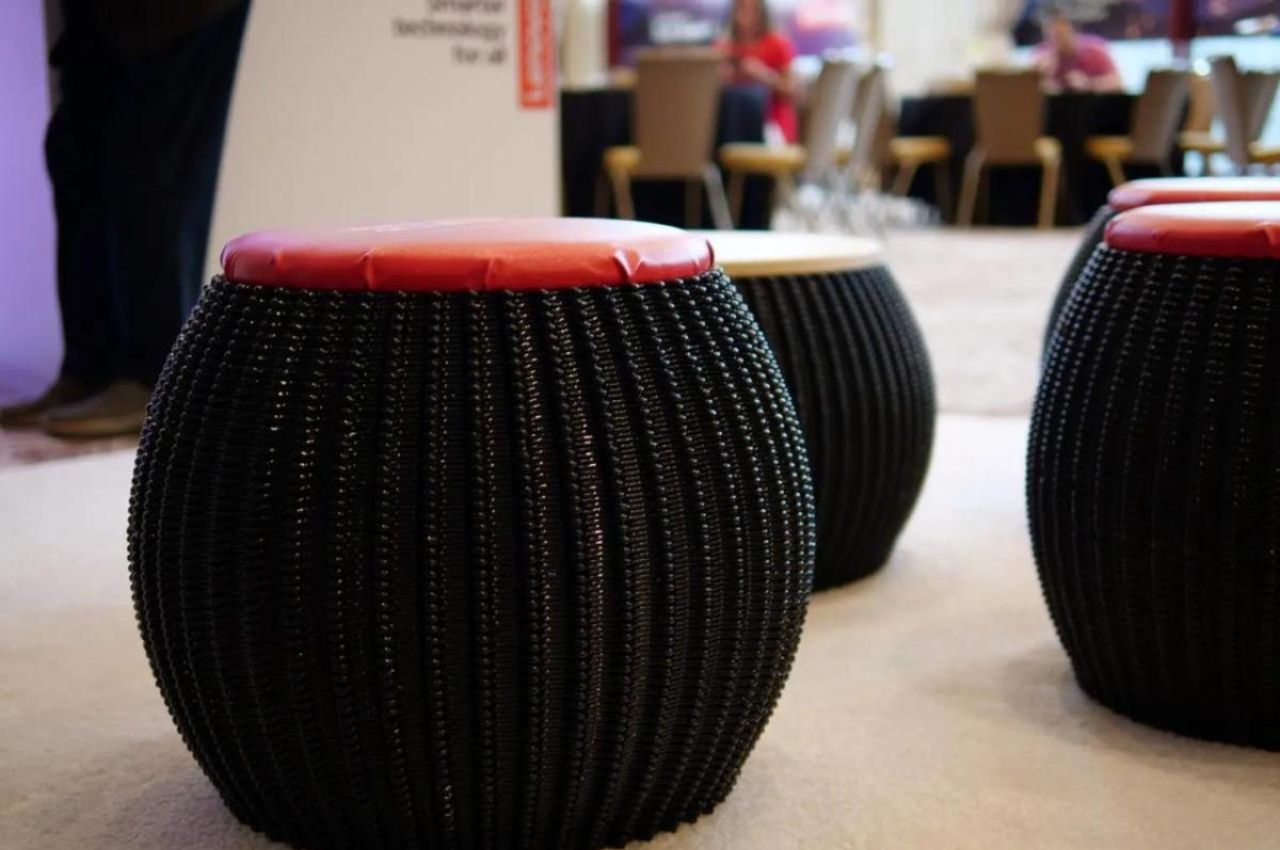
The 3D-printed furniture showcased at Lenovo Tech World is more than just a comfortable seat; it is a symbol of transformation and innovation. By breathing new life into e-waste plastics, Lenovo and Aectual are paving the way for a future where technology and sustainability coexist harmoniously. As the world continues to seek solutions to the challenges posed by electronic waste, this collaboration sets a precedent for responsible and forward-thinking practices in the tech industry.


